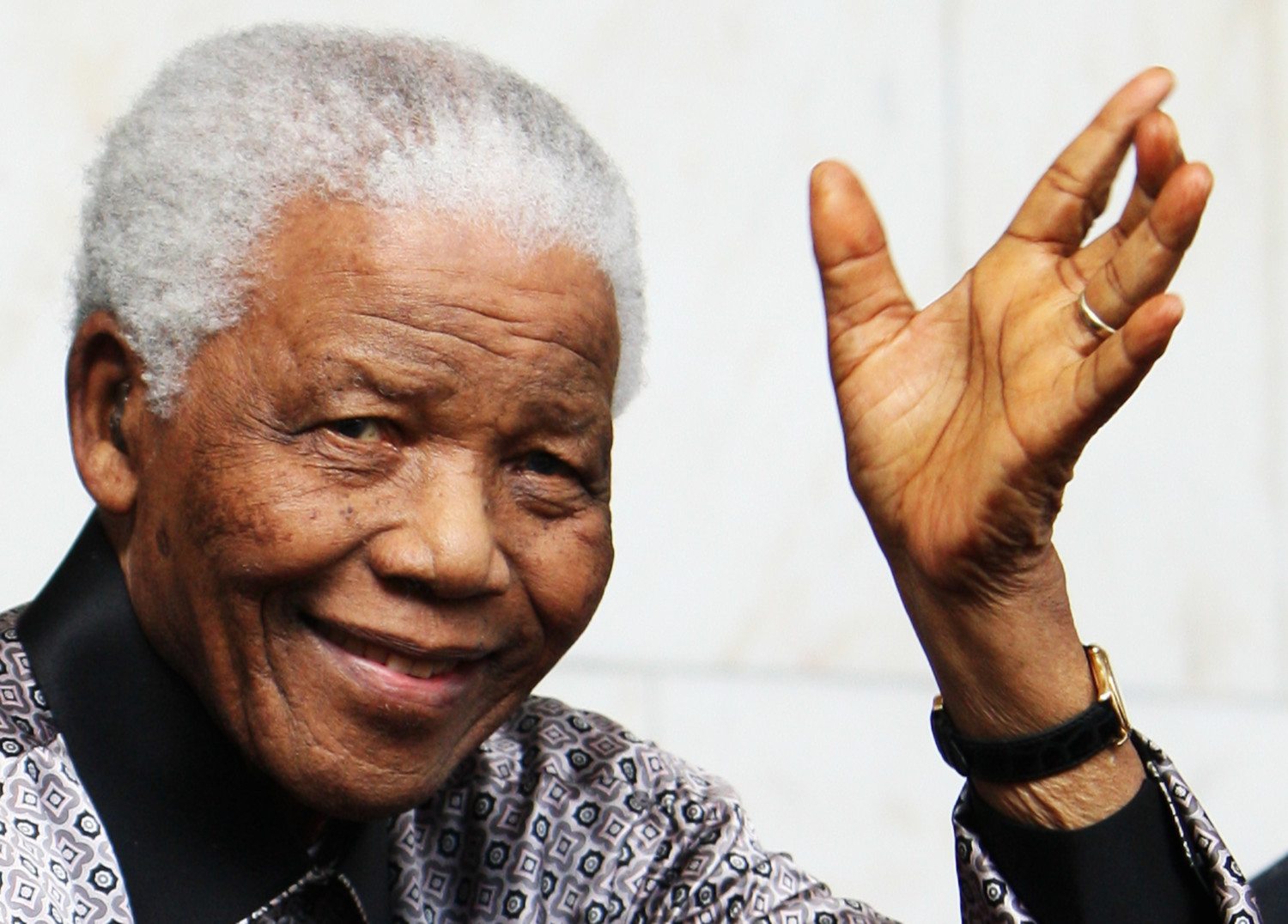This is the least common Myers-Briggs personality type

Have you heard people saying things like, “I’m a total ISTJ,” or, “I am so an ISFJ,” and wondered what the heck they’re talking about?
They’re referring to the Myers-Briggs personality test, which classifies people into one of 16 personality types based on a series of questions that aim to determine their preferences, perspectives and ways of thinking.
But how, exactly, does it work? Well, the test aims to assess people based on four main criteria:
- How they focus their attention or get their energy: extraversion vs. introversion
- How they perceive or take in information: sensing vs. intuition
- How they prefer to make decisions: thinking vs. feeling
- How they orient themselves to the external world: judgment vs. perception
The test is named after its developers, author Isabel Briggs Myers and her mother, Katharine Briggs. Here’s how the Myers & Briggs Foundation, describes its personality test:
“The purpose of the Myers-Briggs Type Indicator personality inventory is to make the theory of psychological types described by C. G. Jung understandable and useful in people’s lives. The essence of the theory is that much seemingly random variation in the behavior is actually quite orderly and consistent, being due to basic differences in the ways individuals prefer to use their perception and judgment.”
Of the 16 Myers-Briggs personality types, one stands out as the rarest: INFJ, which stands for introversion, intuition, feeling and judging.
https://www.instagram.com/p/_ahZNNolar/
According to data collected by the Myers & Briggs Foundation, only 1.5 percent of all people who take the test are determined to have this personality type.
By contrast, the most common personality types are ISFJ (introversion, sensing, feeling, judgment), which accounts for 13.8 percent of people, ESFJ (extraversion, sensing, feeling, judgment), which accounts for 12 percent of people and ISTJ (introversion, sensing, feeling, judgment), which accounts for 11.6 percent of people.
The rare INFJ personality type is referred to as “The Advocate,” and those with this personality type are said to “have an inborn sense of idealism and morality, but what sets them apart is the accompanying Judging (J) trait—INFJs are not idle dreamers, but people capable of taking concrete steps to realize their goals and making a lasting positive impact.”
Famous “Advocates” include Martin Luther King Jr., Nelson Mandela and Alanis Morissette. So, while INFJs may not make up much of the world’s population, if you share this personality type, you’re in pretty good company!
Curious about which personality type fits you? Take the Meyers-Briggs test to find out!






